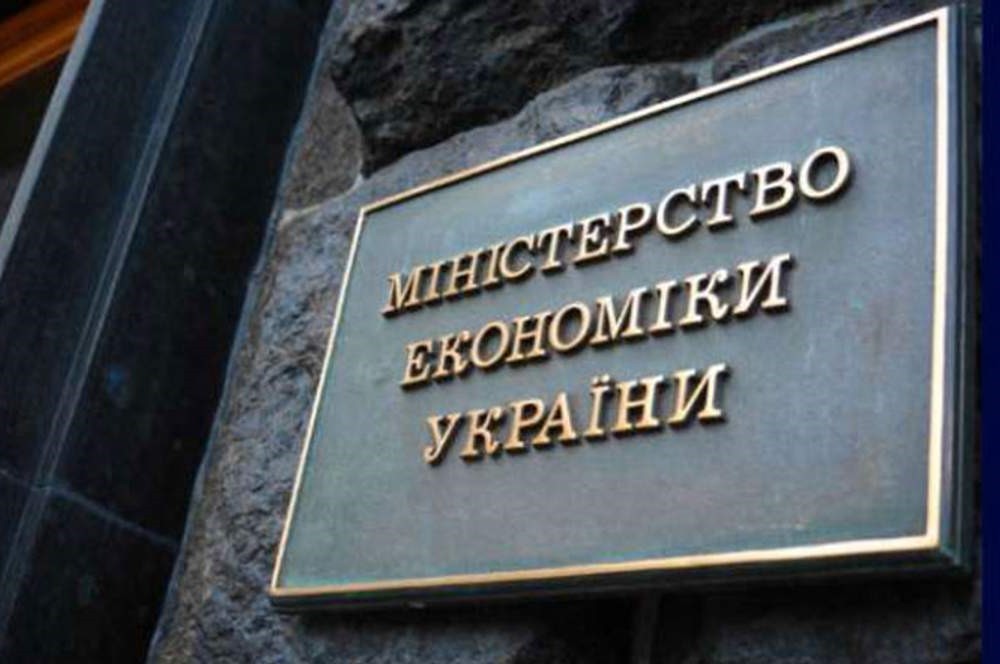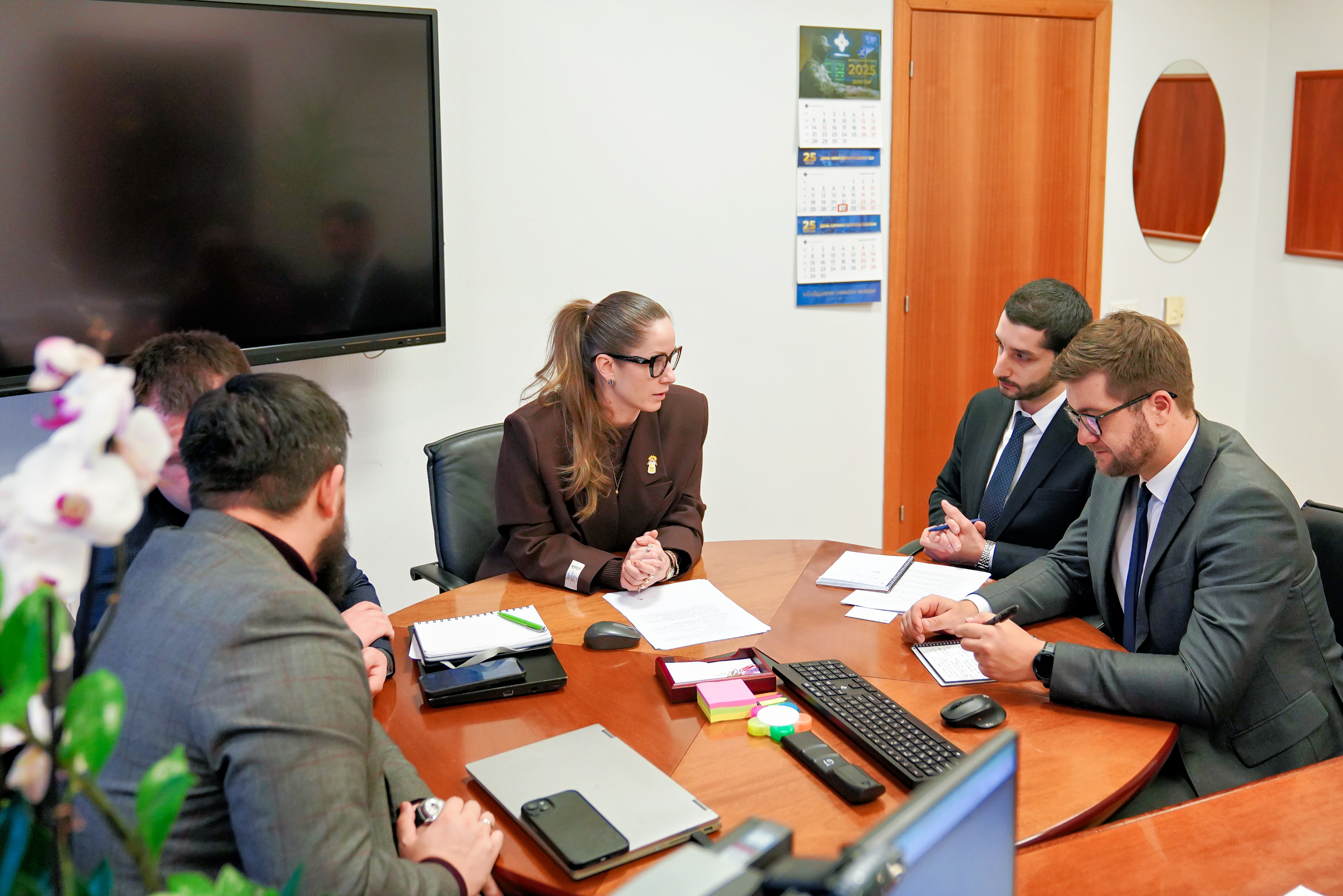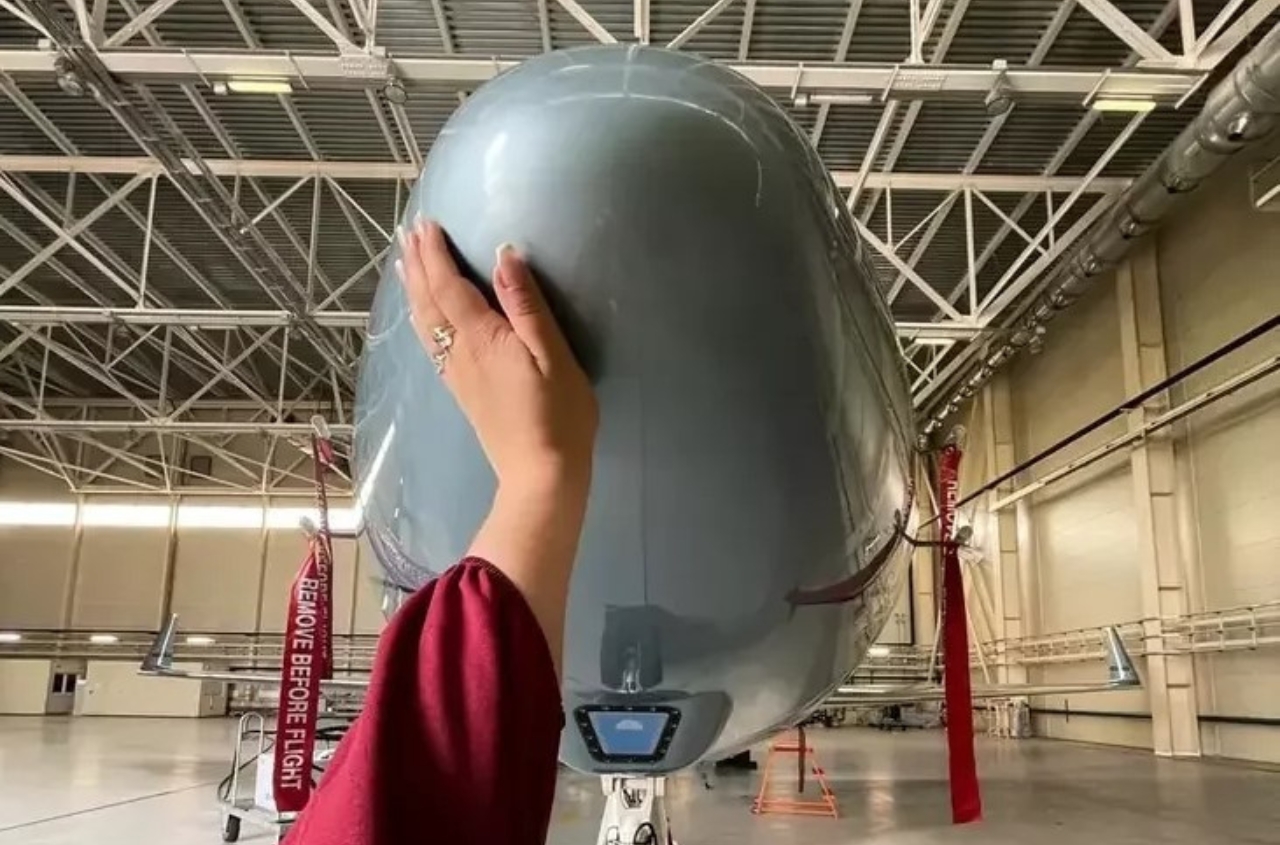The Ministry of Economy of Ukraine held its third Scientific Platform meeting of the year, attended by more than 100 experts — researchers, government officials and specialists from ministries and agencies. The event presented the results of three key studies aimed at stimulating exports and supporting large-scale investment projects.
First study — “Liberalisation of Transport Services for Expanding Export Opportunities.”
Prepared by researchers at the Institute for Economics and Forecasting of the National Academy of Sciences of Ukraine, the study shows that:
- Cutting average transport costs by 10% could boost goods exports by 12–15% in the medium term, generating an additional ₴72 billion.
- Mutual recognition of licences and access to infrastructure could increase exports of transport services by 5–7% annually — an additional ₴6.6–9.2 billion.
- Comprehensive implementation of 12 liberalisation tools — from the authorised economic operator and mutual recognition of certificates (ACAA) to integration into international corridors such as TEN-T and the Middle Corridor — could deliver GDP growth of 0.5–0.7 percentage points annually under a conservative scenario (thanks to the multiplier effect of logistics and investment attraction), and up to 2.5 percentage points if Ukraine returns to its pre-war export structure. Even under the conservative scenario, the expected additional increase amounts to ₴38.3–53.6 billion.
Thus, transport liberalisation is a powerful driver of Ukraine’s external economic activity: it lowers logistical barriers, enhances export competitiveness and accelerates integration into the European transport space, while also strengthening the domestic transport services market and stimulating investment in infrastructure modernisation.
Second study — “Implementation of Digital Passports for Industrial Goods.”
Prepared by researchers at the Institute of Industrial Economics of the National Academy of Sciences of Ukraine, it envisages pilot introduction of the Digital Product Passport (DPP) across enterprises in various sectors. DPP is a modern tool for product transparency and traceability, providing data on composition, origin, environmental footprint and reuse potential. In the EU, this mechanism has already become mandatory this year under the ESPR Regulation.
For Ukraine, DPP implementation means:
- Developing domestic production and expanding secondary materials markets, boosting GDP by improving resource efficiency.
- Creating new jobs in digitisation, the circular economy and industrial recycling.
- Supporting exports to EU countries by meeting European requirements for product transparency and sustainability.
- Increasing budget revenues through the development of the secondary raw materials base, waste reduction and stimulation of investment in green technologies.
The expected effect: greater industrial competitiveness, innovation stimulation and formation of a transparent circular economy.
Third study — “Measures and Projects for Decentralising Power Generation.”
Prepared by researchers at the Institute of Industrial Economics of the National Academy of Sciences of Ukraine, it substantiates the feasibility of widespread use of electricity recovery installations in transport and industry during the restoration of the national generation base.
The study experimentally proved that the potential for electricity recovery on rail transport across the country is almost 2 billion kWh per year (up to 50% of electricity consumed), with a possible impact on GDP of +€230 million annually.





















